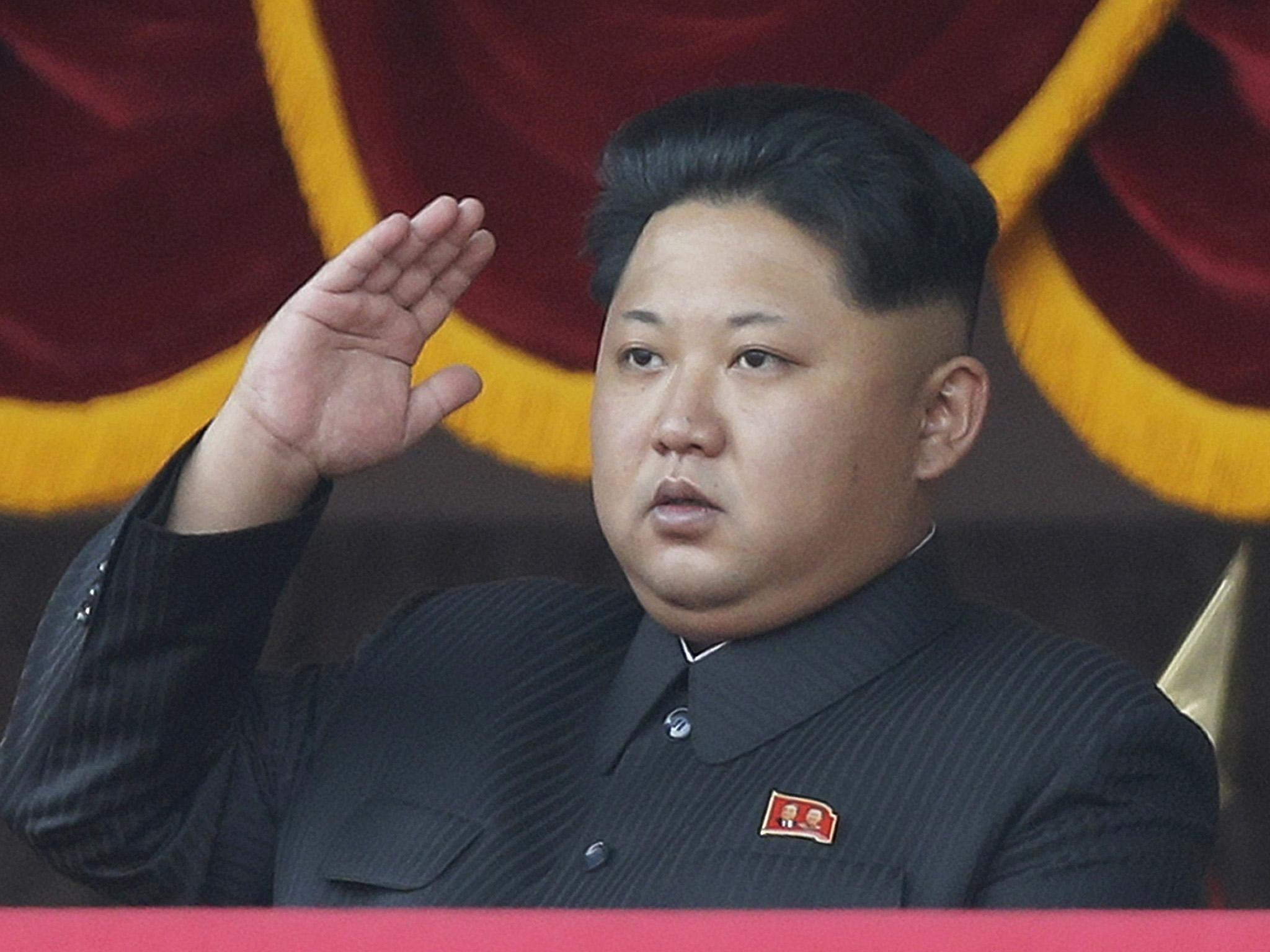North Koreans reveal what they really think about Kim Jong Un in new survey

Your support helps us to tell the story
This election is still a dead heat, according to most polls. In a fight with such wafer-thin margins, we need reporters on the ground talking to the people Trump and Harris are courting. Your support allows us to keep sending journalists to the story.
The Independent is trusted by 27 million Americans from across the entire political spectrum every month. Unlike many other quality news outlets, we choose not to lock you out of our reporting and analysis with paywalls. But quality journalism must still be paid for.
Help us keep bring these critical stories to light. Your support makes all the difference.
What do North Koreans think about their leaders? It’s an impossible question to answer, given that North Korea is a totalitarian state where professing anything other than wholehearted adulation for the Kim regime could land a person in a political prison camp — or worse.
For years, researchers in Seoul have been trying to collect data on North Korean thought by conducting surveys of people who have escaped from the police state and made it to safety in South Korea.
Now, a new project at the Center for Strategic and International Studies, a Washington think tank, is trying to poll North Koreans who live in North Korea.
“This gives us a window into what the average North Korean citizen is thinking,” said Victor D. Cha, chair of Korea studies at CSIS, who runs the “Beyond Parallel” project dedicated to Korean unification. “This is the first time we’re hearing directly from people inside the country.”
The project contracted a nongovernmental agency that works inside North Korea — Cha would not reveal its name to protect the safety of its operations — to carry out surveys. The latest, on how North Koreans think and talk about Kim Jong Un’s regime in private, was published Wednesday.
The NGO surveyed 20 men and 16 women between the ages of 28 and 80. They came from a variety of backgrounds, with jobs including doctor, laborer, homemaker, factory worker and company president, and they lived across the country.
Such is the nature of working inside North Korea that even Cha does not know how the NGO carried out the survey or if the people explicitly knew they were being questioned for a poll. And the survey was not done through cold calls — the survey administrators knew those they were questioning in some way.
“This isn’t Gallup-level surveying,” Cha said. “It’s only 36 people, but it’s 36 people more than anyone else has surveyed in North Korea. The findings are modest, but they’re pretty insightful.”
Thirty-five of the respondents said their family, friends or neighbors complained or made jokes about the regime in private.
“For the vast majority of the world’s population, especially for those people living in free and open societies, a similar such finding would be quite banal,” the survey report states. “But North Korea is not a free and open society. That all but one . . . say people they know complain and makes jokes about the government is an extraordinary number given the gravity with which the regime responds to criticisms.”
North Korea regularly ranks at the bottom of lists of countries with free speech, with Freedom House’s latest report noting that the nation has one of the most repressive media environments in the world. Only a handful of the most elite members of the regime have access to the Internet or to outside information.
The landmark Commission of Inquiry report published by a U.N. panel in 2014 concluded that there is an almost complete denial of the right to freedom of thought and expression in North Korea. “State surveillance permeates the private lives of all citizens to ensure that virtually no expression critical of the political system or of its leadership goes undetected,” it wrote. Punishments usually involve time in a political prison camp, and executions are ordered for serious offenses.
Academics at Seoul National University have been surveying North Korean defectors since 2008 — there are about 30,000 living in the South — and have consistently found criticism of the Kim regime.
“This survey confirms defector testimony, but defector testimony is a biased sample,” Cha said, because people disaffected with the regime are more likely to flee the country. The finding that the overwhelming majority of respondents still living in North Korea also make jokes at the government’s expense is another thing altogether, he said.
The first survey results, released last month, were on the public distribution system that is supposed to supply basic food items to citizens but which broke down during the devastating famine of the mid-1990s. It found that none of the respondents thought the system provided what they want for a good life.
Marcus Noland, executive vice president of the Peterson Institute for International Economics and an expert on that famine, commended the “audacity” of even attempting a survey inside North Korea, although he noted that the process was opaque.
“What we have is a small survey, conducted according to an unrevealed methodology, that confirms what many of us thought that we already knew,” Noland wrote on his Witness to Transformation blog. “But the astonishing thing is that it even exists.”
The survey findings add to the stream of reports coming from “citizen reporters” inside North Korea. Media outlets including Rimjingang, run by Japanese journalist Jiro Ishimaru, and the Daily NK in Seoul use informants inside the country, although their reports tend to be based on single sources from border regions.
Copyright: Washington Post.
Subscribe to Independent Premium to bookmark this article
Want to bookmark your favourite articles and stories to read or reference later? Start your Independent Premium subscription today.
Join our commenting forum
Join thought-provoking conversations, follow other Independent readers and see their replies
Comments